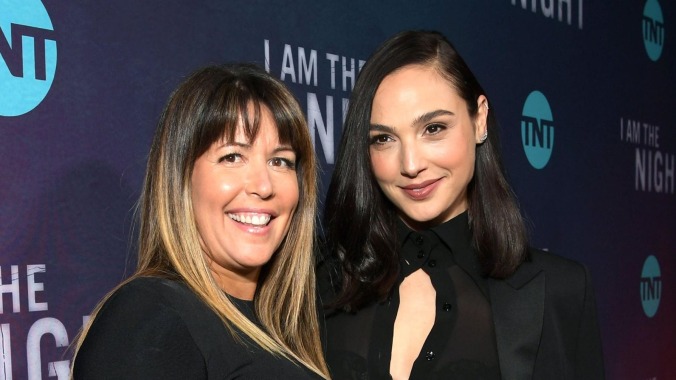Wonder Woman 3 reportedly dead at James Gunn and Peter Safran's DC Studios
Patty Jenkins recently handed in a treatment for a third Gal Gadot Wonder Woman movie, but was reportedly told it didn't fit in with brewing franchise plans

Wonder Woman writer-director Patty Jenkins and star Gal Gadot Photo: Emma McIntyre/Getty Images for Turner
Patty Jenkins and Gal Gadot’s third Wonder Woman movie won’t be moving forward at DC Studios, The Hollywood Reporter reports. News of the decision to pass on the sequel—which had just had a treatment handed in by Jenkins, describing what she’d like to do with the franchise moving forward—comes as newly minted DC Studios heads James Gunn and Peter Safran prepare for what’s expected to be one hell of a slate-clearing meeting next week, laying out their plans for the embattled superhero franchise to Warner Bros. Discovery CEO David Zaslav.
 Keep scrolling for more great stories.
Keep scrolling for more great stories.
